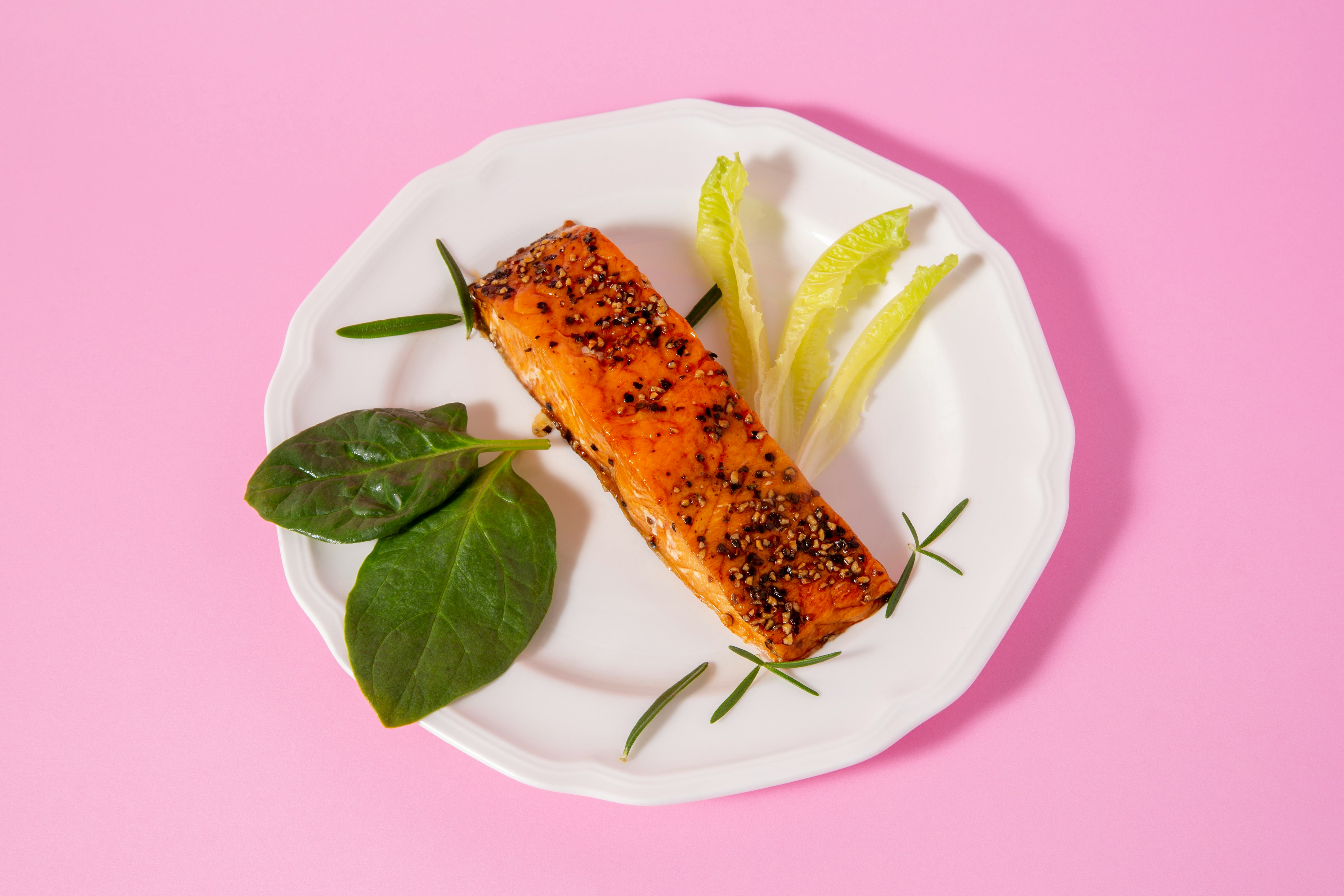
Every month there seems to be a new diet doing the rounds online. One of the latest is the Nordic diet, which some claim could be better for your health than the Mediterranean diet. And research is starting to suggest it could at least have some similar benefits.
The Nordic diet is based on the traditional foods available in Nordic countries. The core foods it comprises are whole grains (particularly rye, barley, and oats), fruits (especially berries), root vegetables (such as beets, carrots, and turnips), fatty fish (including salmon, tuna, and mackerel), legumes, and low-fat dairy.
But unlike the Mediterranean diet, which has a long heritage and the health benefits which have been consistently observed in population studies and investigations, the Nordic diet was actually developed by a committee of nutrition and food experts, alongside chefs, food historians, and environmentalists. The motivation for creating it was to improve dietary guidelines in Nordic countries in a sustainable way while also seeking to create a local identity linked to food and culture.

Still, the Nordic Diet shares a number of similarities with the Mediterranean Diet in that it consists of more whole foods and less or no highly processed foods. It also encourages eating more plant foods and less meat.
Perhaps the key feature of the Nordic diet is that it encourages people to include a diverse range of locally available foods like mosses, seeds, vegetables, and herbs (including those growing wild). This is why berries such as lingonberries are a core element of the Nordic diet, while citrus and tropical fruits aren’t.
Although the bulk of both the Nordic diet and the Mediterranean diet is made up of plants, the types of plants are very different. For example, people following the Nordic diet will be encouraged to eat foods like seaweeds and kelp (which are rich in nutrients such as iodine, omega-3 fatty acids, and even vitamin D), as well as other locally available vegetables and fruits. For the Mediterranean diet, people would include leafy vegetables such as spinach, as well as onions, courgettes, tomatoes, and peppers, which are all local to the region.
Nordic diet: What Does The Evidence Say?

The Nordic diet is still relatively new, being first published in 2010. This means it’s probably too early to tell if it reduces the risk of chronic diseases.
The Mediterranean diet, on the other hand, has been studied by researchers since the 1950s and ‘60s — meaning we have a much better understanding of its links to a lower risk of heart disease, type 2 diabetes, and some cancers.
But some studies that have looked retrospectively at people’s eating habits have found that those who ate diets similar to what is now known as the Nordic diet tended to be healthier. These studies found that Nordic eating patterns were associated with a lower risk of heart disease and type 2 diabetes in people from Nordic countries. However, the relationship between lower risk of disease and Nordic diets is less strong in people from other countries. The reason for this is currently unclear.
The difficulty with these population studies is that they looked at a dietary pattern that technically did not exist — as it had not been defined until after they took part in these studies. This means that the participants may not have followed the Nordic diet deliberately, making it hard to truly know if the health benefits they saw were due to the Nordic diet itself.
However, a recent (but small) review looking at studies on the Nordic diet found that it can lower some risk factors for disease — including body weight and LDL cholesterol (often termed the “bad” cholesterol). But no significant improvements were seen in blood pressure or total cholesterol.
At the moment, it’s probably too early to say whether following the Nordic diet has long-term benefits for health — and whether it’s more beneficial for our health than the Mediterranean diet. But based on the research out there, it does appear the Nordic diet is promising for health.
Research also shows that some of the main staples of the Nordic diet (including whole grains and oily fish) are on their own linked to better health — including reducing the risk of heart disease. This suggests that combining these foods together when following the Nordic diet could lead to similar health benefits.
Nordic diet: Eat Local

The Nordic diet is not just about health. It was also developed to help the planet by using local and sustainable foods to make a healthier diet.
At the moment, some of the main barriers preventing people from adopting the Nordic diet are taste preferences and cost. But if these barriers are overcome, the Nordic diet could very well be a more sustainable way of eating for those in Nordic countries, as might a locally derived diet for others.
While it’s perhaps too early to say if the Nordic diet is healthier than other well-known diets out there — such as the Mediterranean diet — it might help inspire us to look at how we can adapt diets to focus more on consuming whole foods available and grown locally.
However, eating more of the foods common to both Mediterranean and Nordic diets — such as vegetables, seeds, legumes, whole grains, and fish — alongside consuming less red and processed meat is likely to be the basis of a healthy diet. This, plus eating a variety of foods and trying to be primarily plant-based, is more important for health than following a particular named diet.
This article was originally published on The Conversation by Duane Mellor at Aston University and Ekavi Georgousopoulou at the University of Canberra. Read the original article here.







